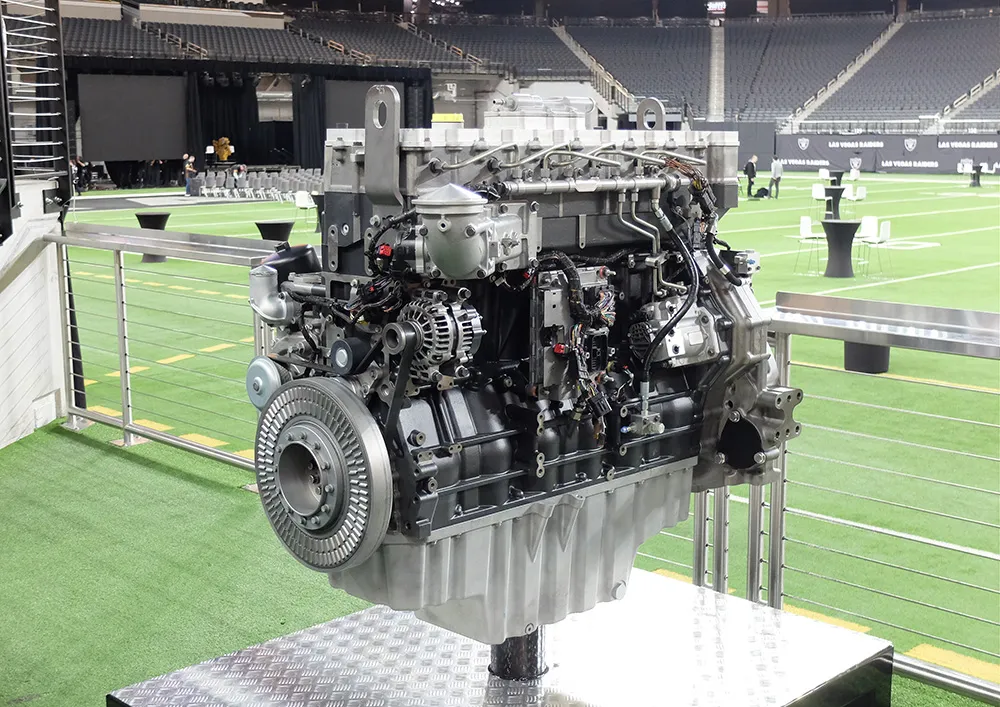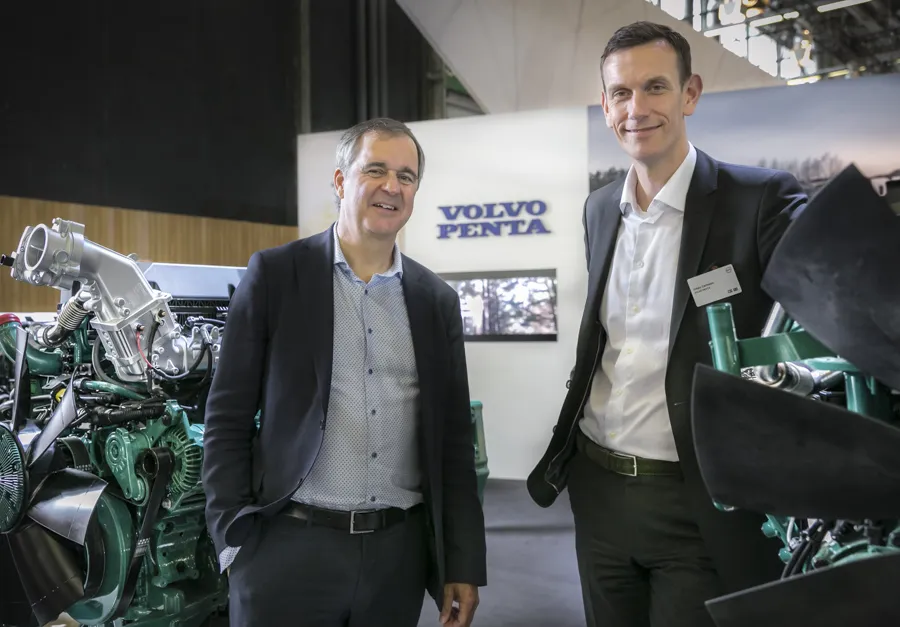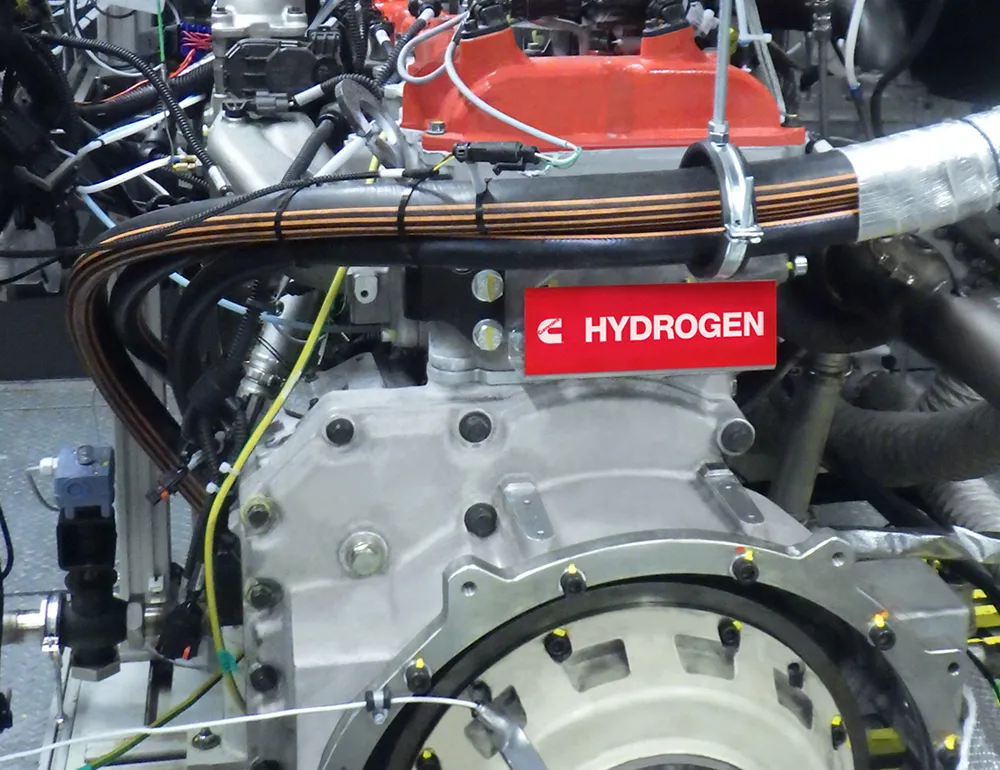
Ever since Henry Ford began mass manufacturing his Model T in 1908, the motor car has grown vastly in importance and has helped transform transportation. However the future availability of fossil fuels as well as concerns over pollution and climate change from CO2 emissions has seen the auto industry look to alternative powertrain solutions.
Looking at the powertrain possibilities for the future there are a number of options. Hybrids to a large extent are an interim solution while those for the longer term include fuel cells, biofuels, hydrogen, methane and electric vehicles. Of these, electric vehicles present one of the leading future motive power solutions, having been in existence since the dawn of motoring. But despite various incentives to customers, the latest generation electric vehicles attract only a comparatively small market share.
Major hurdles for electric vehicle sales stem from the cost and range limitations of even the best existing lithium-ion battery technology. For owners used to getting into cars and driving long distances, electric vehicles pose potential problems. Recharging facilities are still few and far between in most areas and even where they exist, recharging a battery takes longer than topping up a fuel tank at a filling station. Repeated fast charging can also reduce battery life.
However there may be some alternatives for electric vehicles and a new study highlights the potential for super capacitors. This study suggests that future super capacitors could offer up to 2-4 times the power density of the best lithium-ion type batteries. Compared with batteries, super capacitors are potentially more compact and durable, their performance will not decline with multiple recharging and they are likely to be less costly.
While electric vehicles currently challenges in attaining widespread acceptance, this was not always the case. Early internal combustion engines were noisy, dirty and unreliable and electric vehicles were for a time seen as being cleaner and more dependable, while steam-powered vehicles offered an additional alternative. Both electric and steam vehicles were used to claim the world land speed record when internal combustion engines were in their infancy. Nor was there certainty over the best type of fuel for internal combustion engine vehicles and it is worth noting that the Model T could be run on ethanol, in addition to petrol (gasoline) and kerosene (paraffin).
In this last sense, motor vehicles are now at a point similar to that of the early 20th century. And the most practical future motive power solution has yet to be determined from amongst the options currently on offer.









